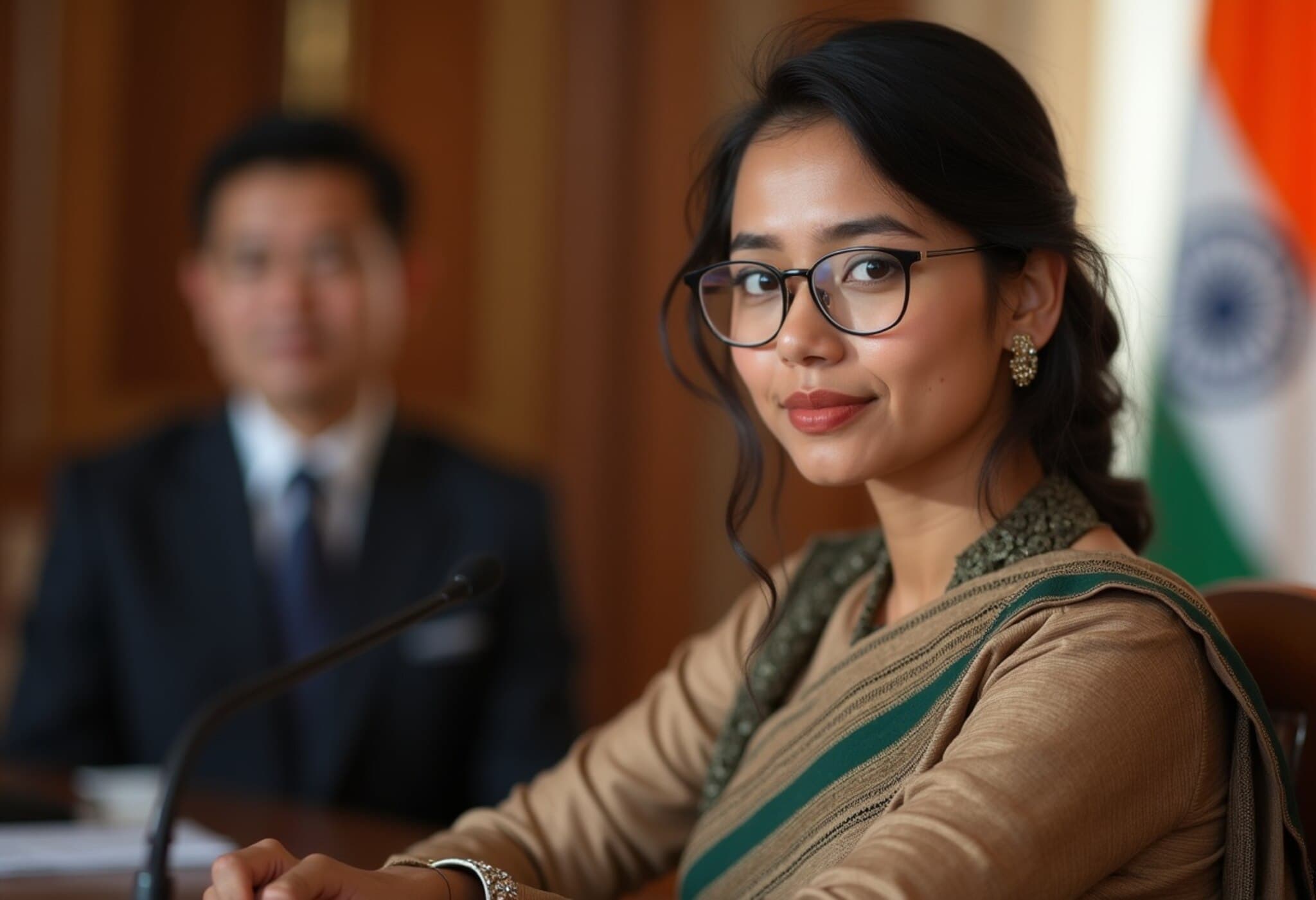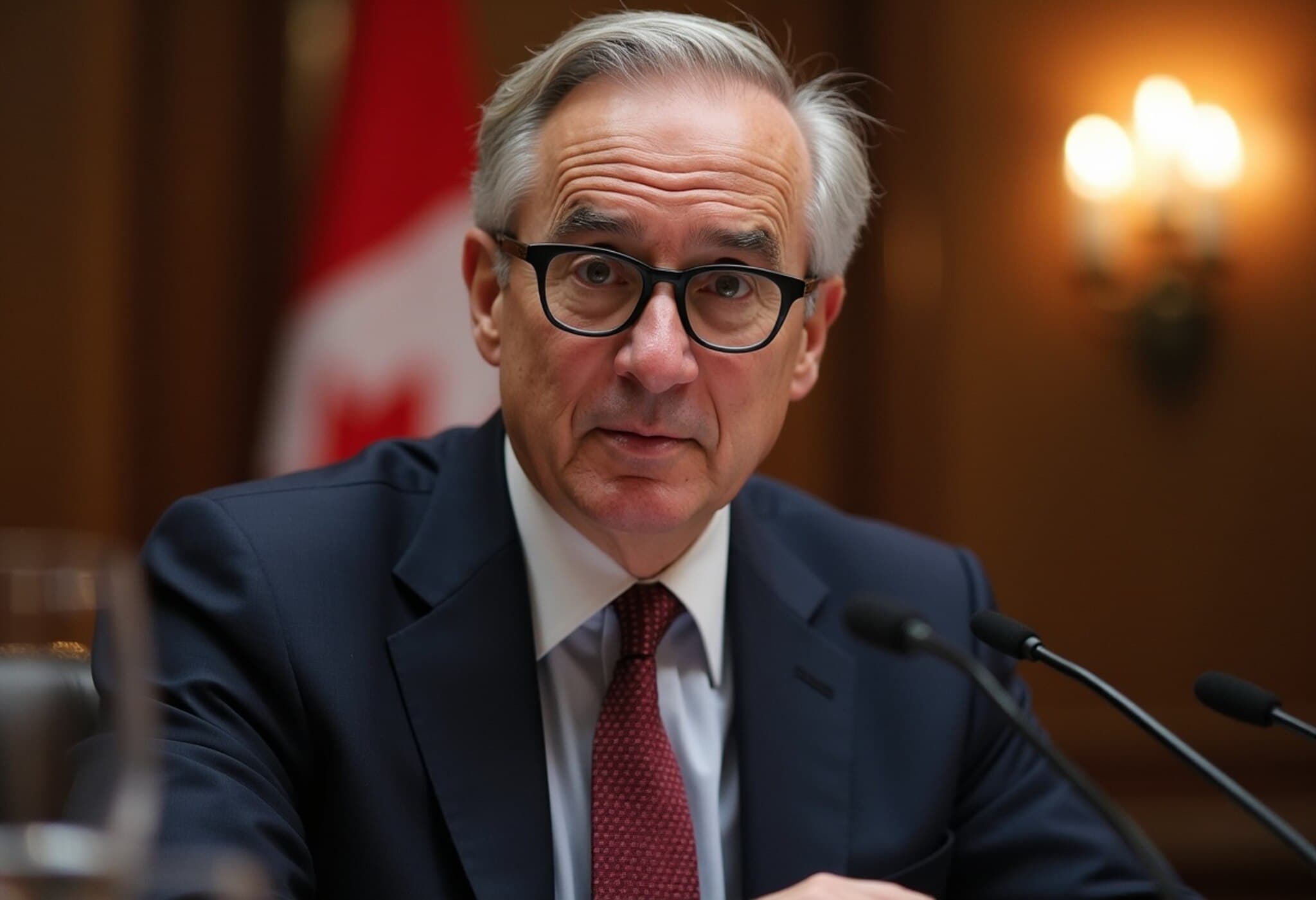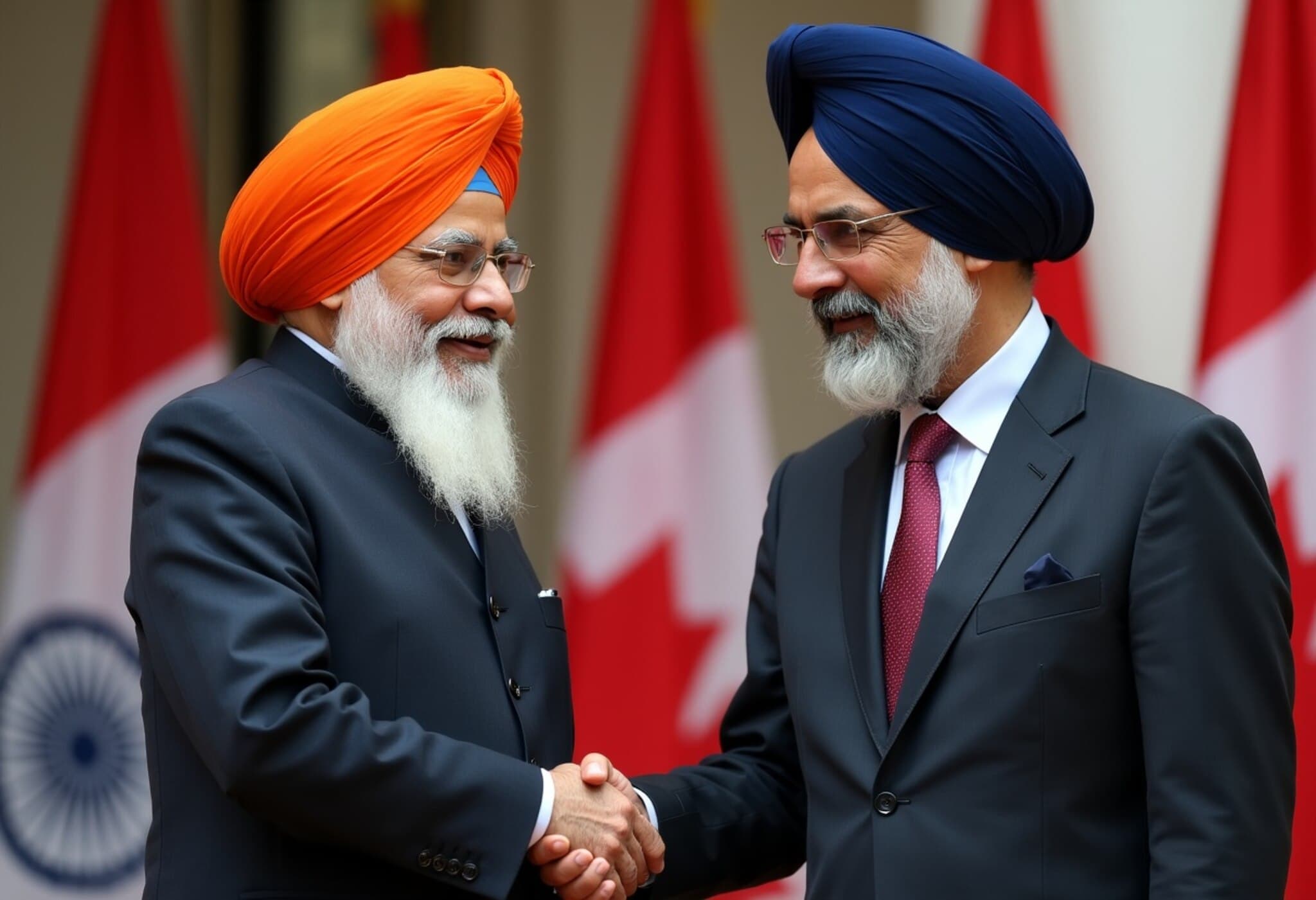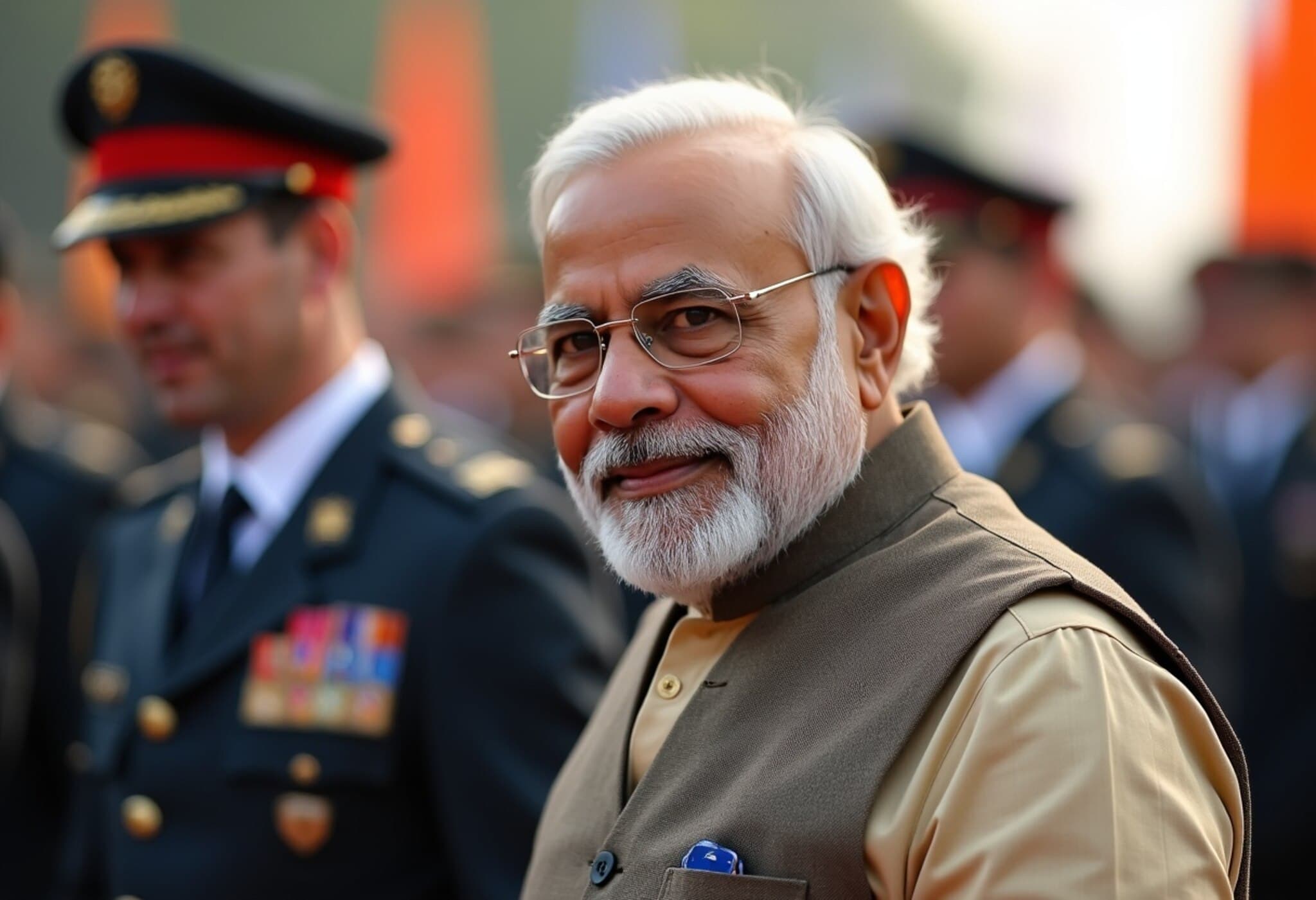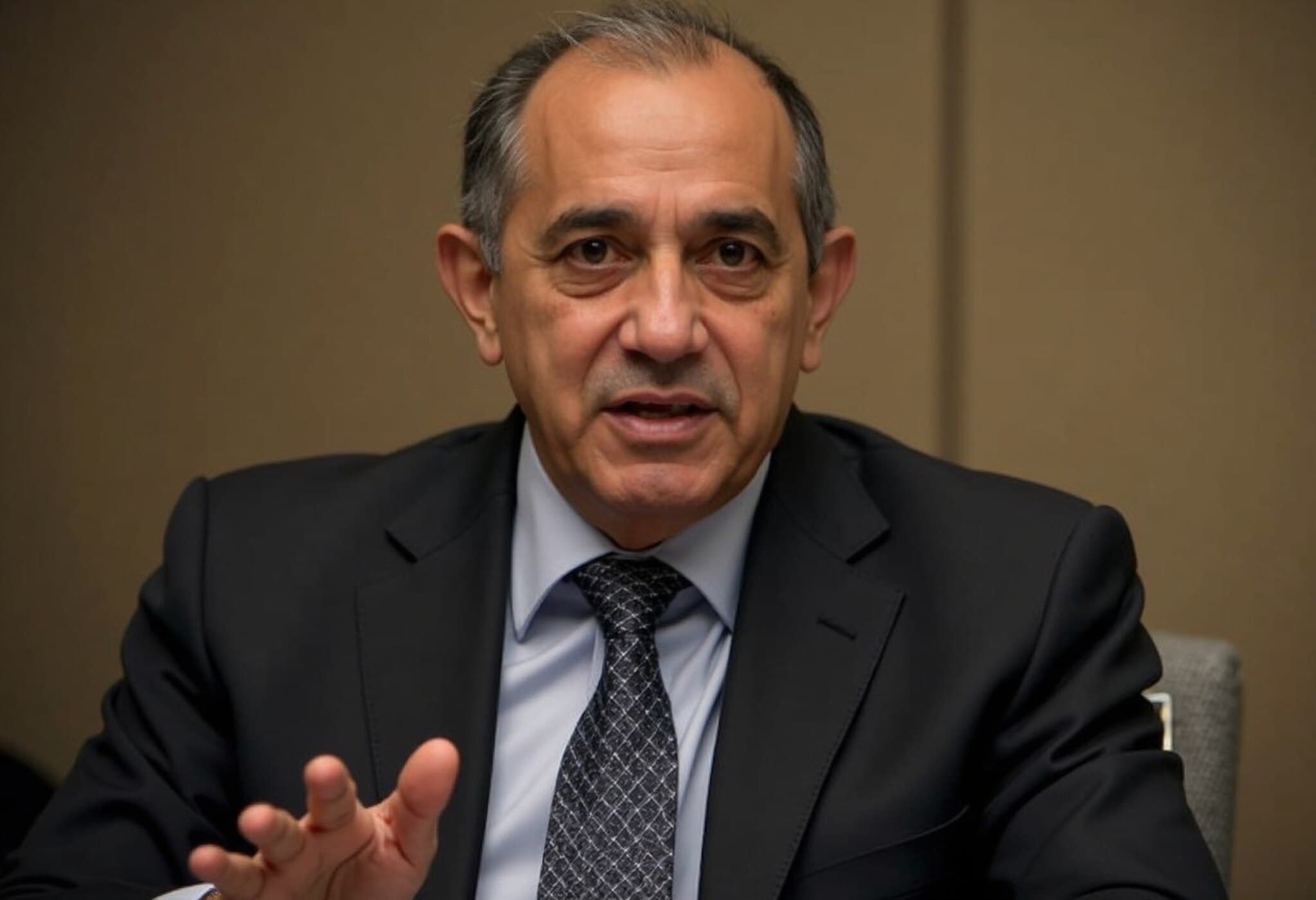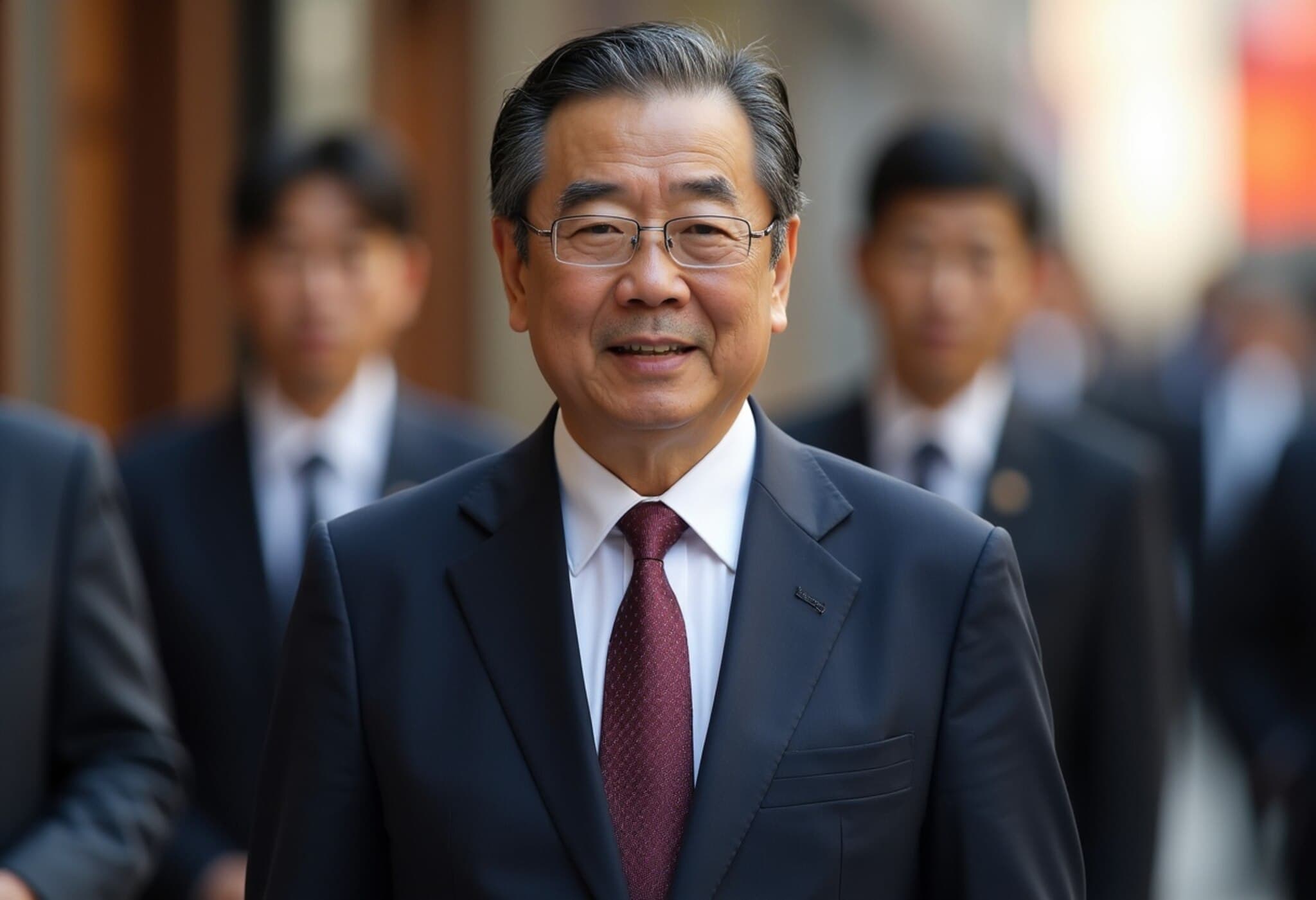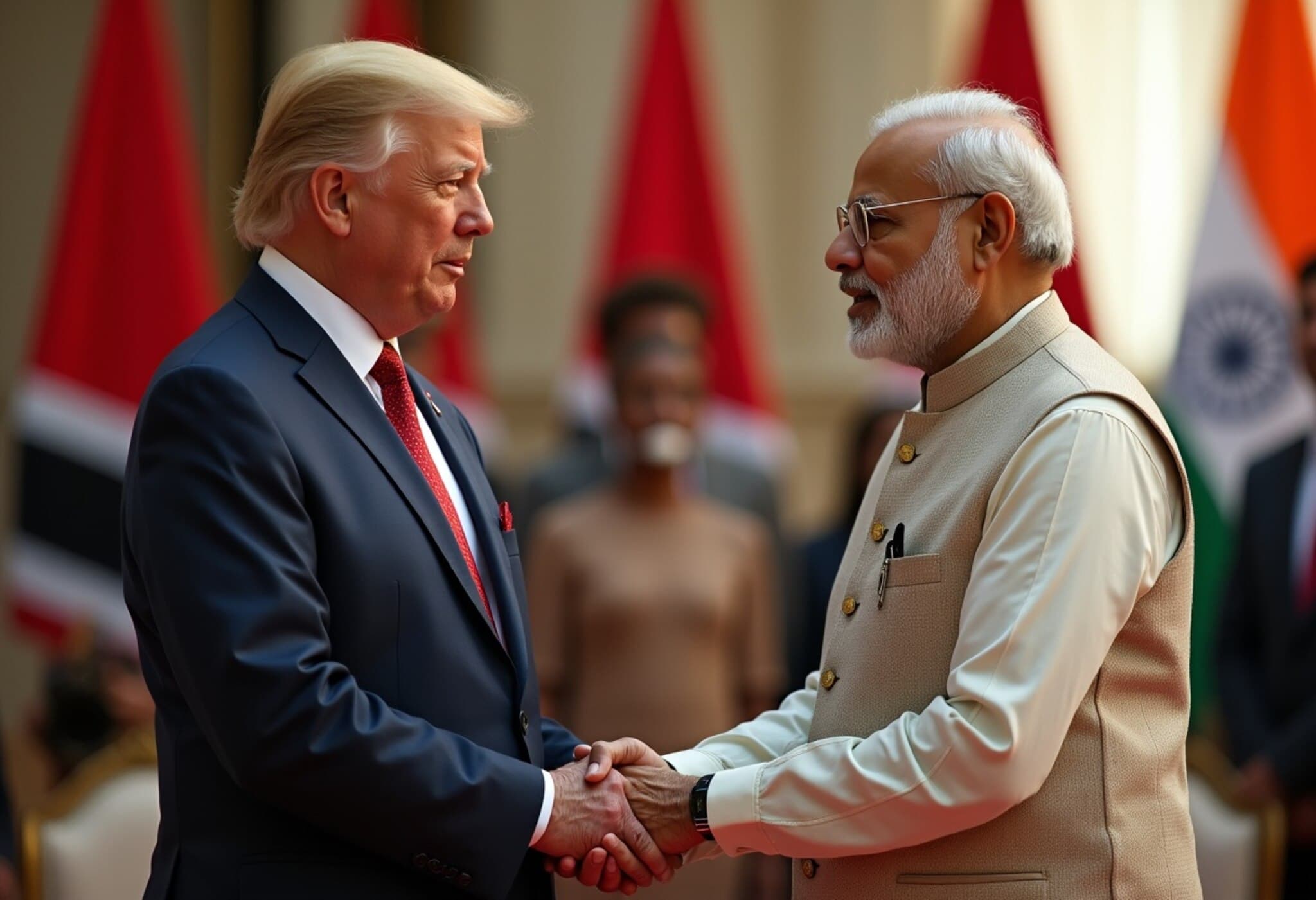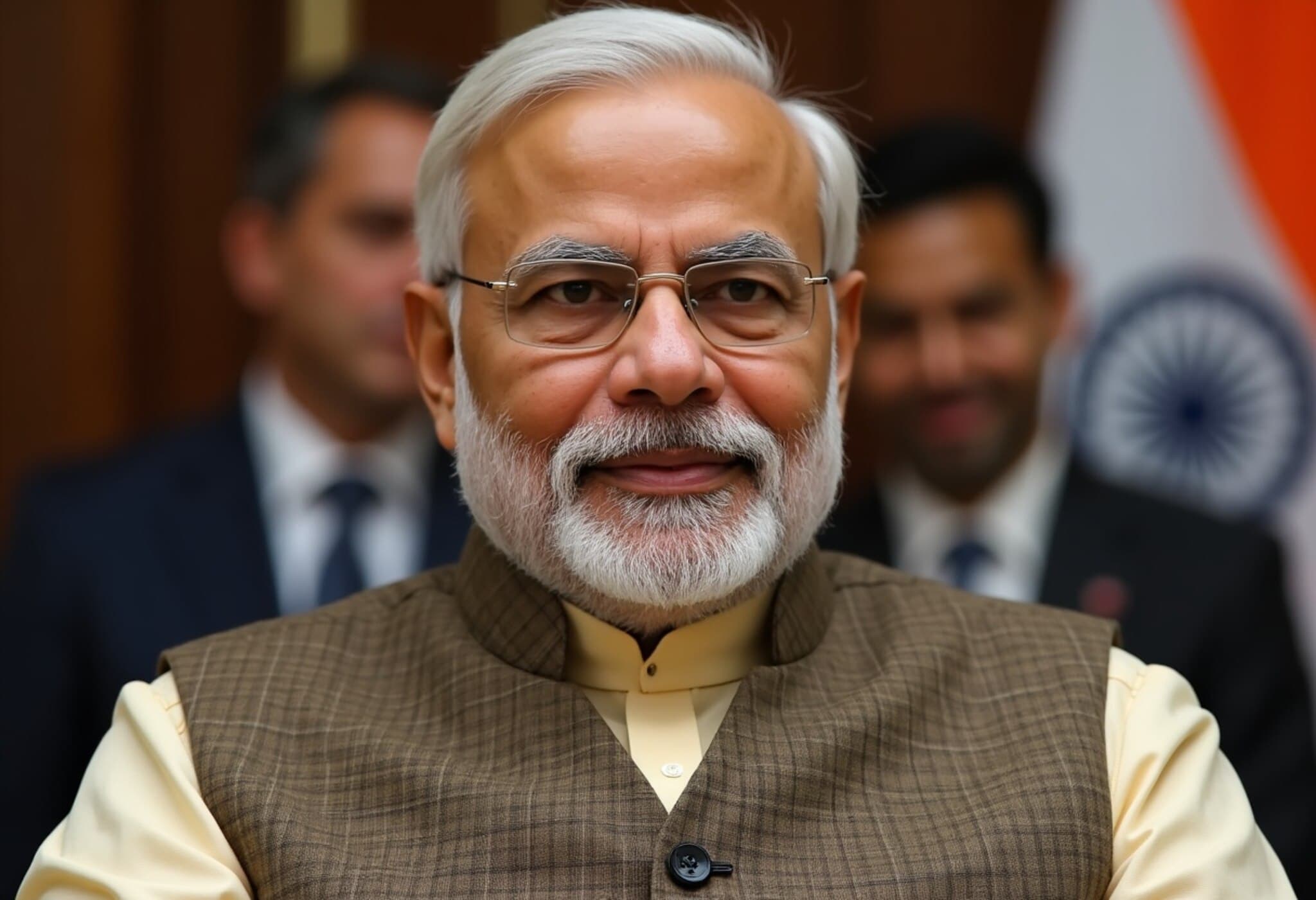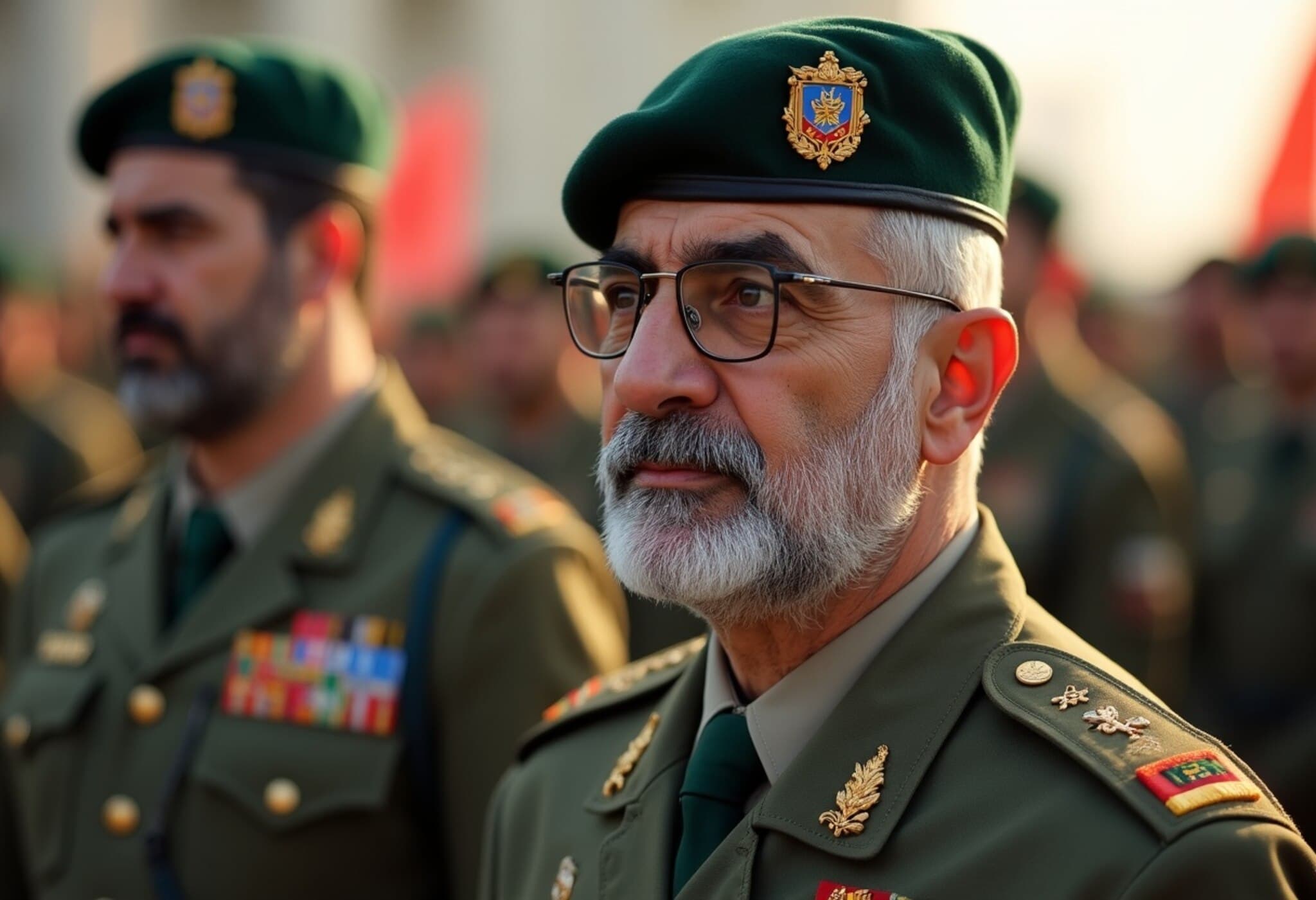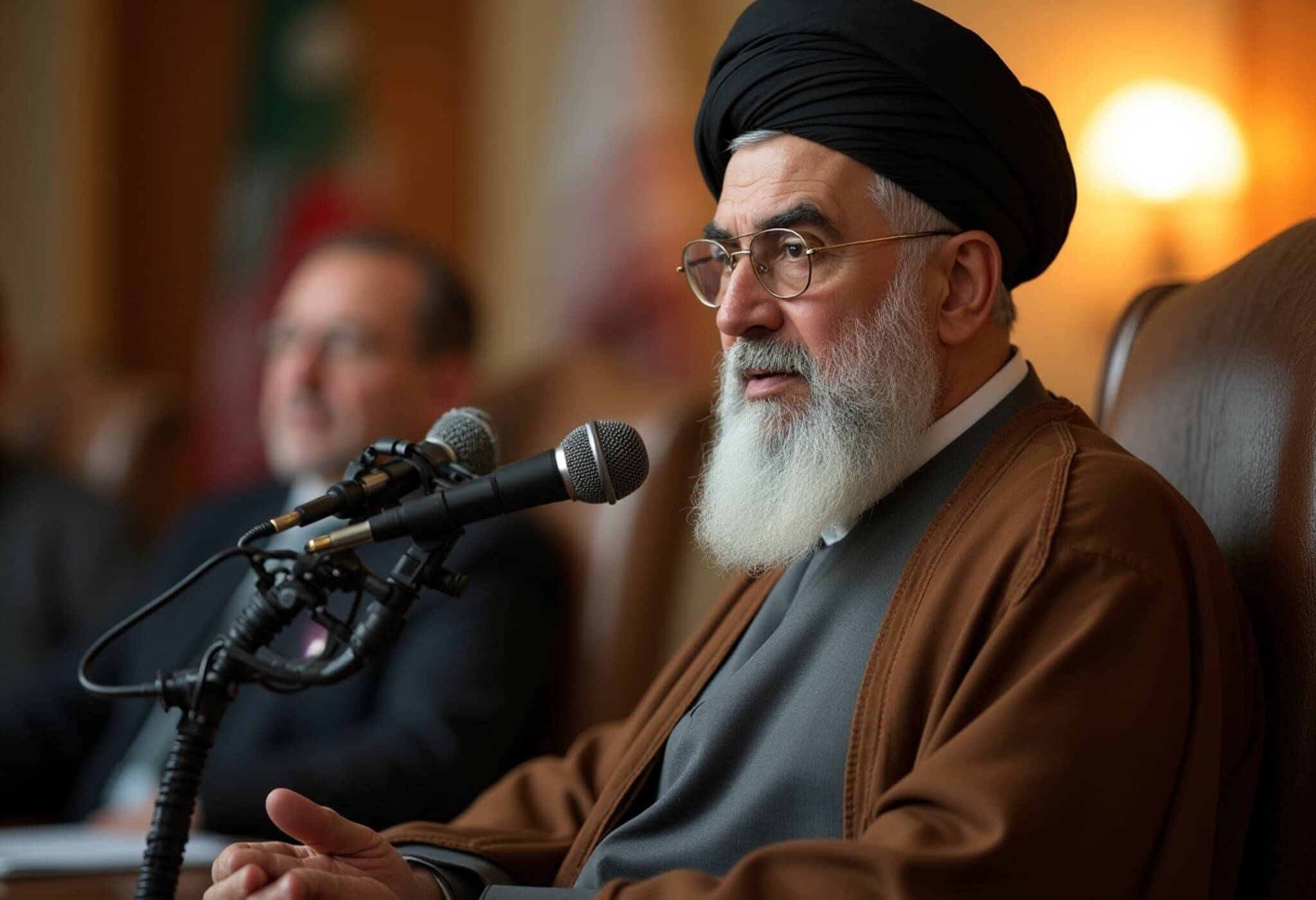India Reestablishes Diplomatic Presence in North Korea
In a significant yet low-key diplomatic development, India has appointed a new ambassador to North Korea following a four-year hiatus. Aliawati Longkumer, currently serving as Charge d’affaires at the Indian Embassy in Paraguay, has been chosen to head the mission in Pyongyang.
Who is Aliawati Longkumer?
Longkumer, a seasoned diplomat from the 2008 Indian Foreign Service batch, brings extensive experience from his current posting in Asuncion, Paraguay. He is expected to assume his new role as India’s ambassador to the Democratic People’s Republic of Korea shortly, signaling a renewed focus on bilateral relations.
Historical Context of India-North Korea Relations
The ties between India and North Korea have traditionally been marked by a mix of cordiality and cautious engagement. Diplomatic relations were formally established in 1962, starting with consular ties and progressing to embassy-level relations in 1973. India’s Consulate General in North Korea was set up back in 1968.
- After the Korean War (1950–1953), India chaired the Neutral Nations Repatriation Commission, a UN initiative overseeing prisoner exchanges, with Major General K.S. Thimayya playing a crucial role.
- The two countries maintain regular Foreign Office Consultations to discuss matters of mutual interest.
India’s Diplomatic Stance and Recent Developments
India has consistently advocated for peace and stability on the Korean Peninsula, urging North Korea to refrain from nuclear and missile tests that raise regional tensions. The country supports diplomatic dialogue as the path forward to conflict resolution.
Moreover, India welcomed the historic inter-Korean summits held in 2018, as well as the U.S.-North Korea meetings in Singapore and Hanoi the same year, viewing these events as positive steps toward reconciliation.
Looking Ahead
With Aliawati Longkumer’s appointment, India is poised to deepen its engagement with North Korea, reaffirming its commitment to constructive diplomacy in a strategically sensitive region. This move underscores the importance India places on maintaining open channels even amid complex geopolitical dynamics.

